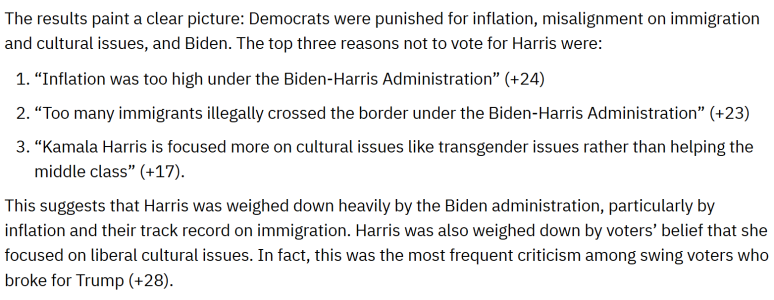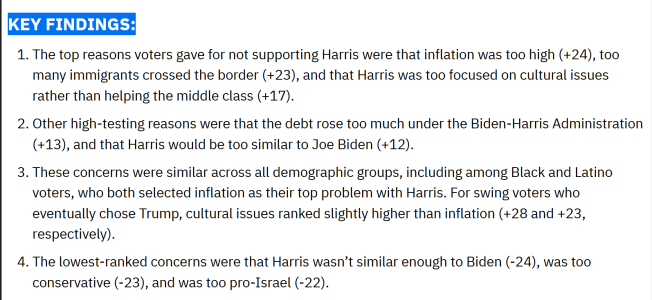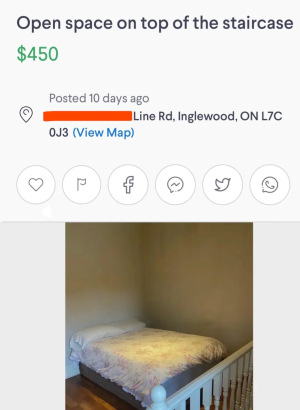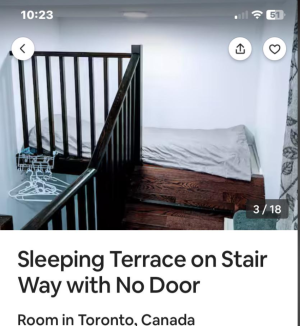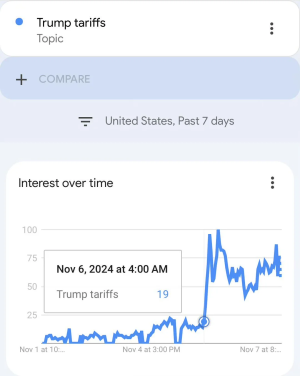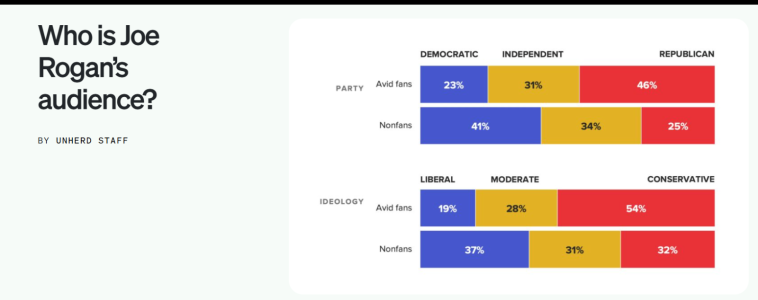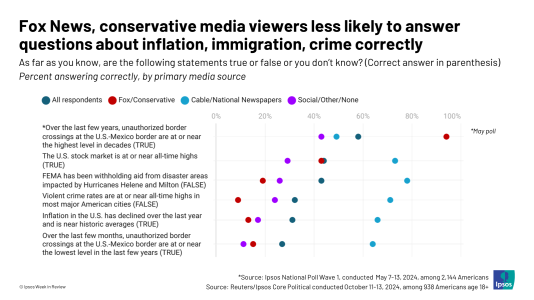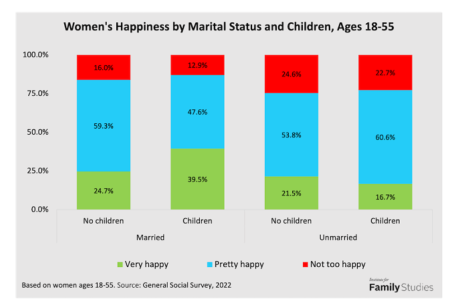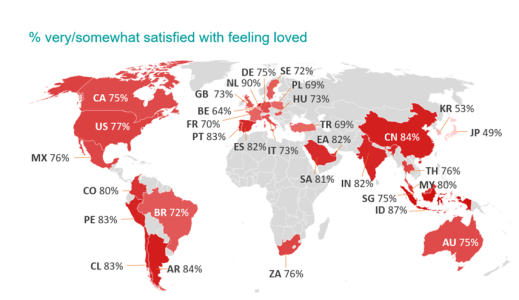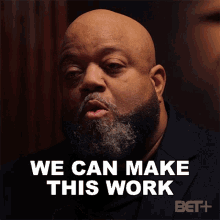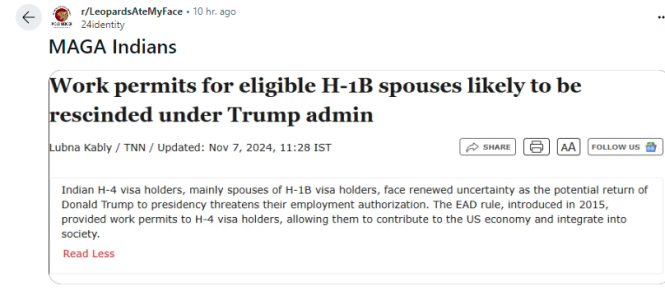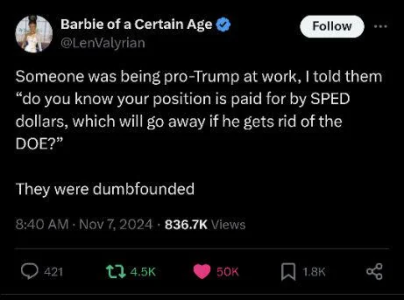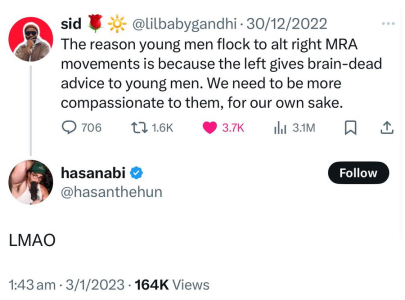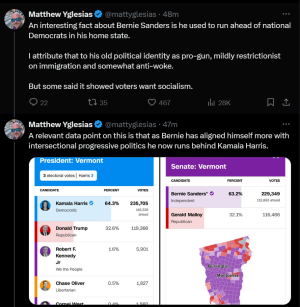RALEIGH, N.C. — Republicans in the North Carolina legislature on Wednesday took the highly unusual step of moving to strip power from the incoming Democratic governor after a bitter election that extended years of fierce ideological battles in the state.
After calling a surprise special session, Republican lawmakers who control the General Assembly introduced measures to end the governor’s control over election boards, to require State Senate approval of the new governor’s cabinet members and to strip his power to appoint University of North Carolina trustees.
Republicans also proposed to substantially cut the number of state employees who serve at the governor’s pleasure, giving Civil Service protections to hundreds of managers in state agencies who have executed the priorities of Gov. Pat McCrory, a Republican.
If the measures pass the legislature, where Republicans hold large majorities in both chambers, and Mr. McCrory signs off, they would significantly hamstring the new governor, Roy Cooper, who takes office in January. Mr. McCrory conceded the race last week after a nearly monthlong challenge of the vote, a hard-fought race that followed four years in which unified Republican control of state government brought a wave of restrictions on voting access, abortion and gay rights.
Democratic leaders accused Republicans of trying to undo the election results. “This is an unprecedented, shameful and cowardly power grab from the Republicans,’’ said Jamal Little, a spokesman for the state’s Democratic Party. “After losing the governor’s officer, the G.O.P.-controlled General Assembly is attempting to hold on to power that voters took away from them.”
Mr. Cooper rebuked Republicans in milder terms. Lawmakers “should focus on higher teacher pay, better wages for working North Carolinians and repealing H.B. 2,” he said in a Twitter message. House Bill 2 is North Carolina’s “bathroom bill” that nullified protections for gay and transgender residents.
A Republican leader in the House, David Lewis, defended the moves, telling reporters that Republicans would “work to establish that we are going to continue to be a relevant party in governing the state.”
Some believe the H.B. 2 law, which brought national disapproval, contributed significantly to Mr. McCrory’s loss. His was only governor’s seat in the country that Republicans failed to hold on Election Day, even as Donald J. Trump won here.
Under one of the most sweeping Republican bills, which lawmakers will vote on beginning Thursday, county election boards would have two members from each party, rather than the current three-member boards with a majority from the governor’s party.
The state Board of Elections would also become a bipartisan body, with equal numbers from each party, instead of being controlled by the governor. The governor’s election, which was decided by only about 10,300 votes, or 0.2 percent, put a spotlight on North Carolina’s election boards as they examined voting challenges in dozens of counties brought by McCrory supporters, who claimed dead people and felons had voted.
The challenges stretched on for nearly a month, and it was not until last week that Mr. McCrory conceded.
Under current state law, the governor names five members to the state Elections Board, who in turn appoint the 100 county boards. Thus the governor is able to stack the boards with partisan supporters.
Still, the state board rulings in the canvas procedure did not necessarily favor Mr. McCrory. Most of the votes his supporters challenged proved inconsequential.
County boards in parts of the state were also on the hot seat before Election Day. Many had passed voting rules that critics called an attempted end-run around a federal-court decision striking down a state voting law. The court ruled that the 2013 law discriminated against African-American voters.
Some state boards responded by setting limited voting hours and limited polling locations, as well as cutting Sunday voting. The measures were criticized as meant to suppress black turnout.
Rumors bubbled after the election of Mr. Cooper, the attorney general, that Republicans in Raleigh would add seats to the State Supreme Court. The court gained a 4-to-3 Democratic majority after the election last month of Judge Mike Morgan. Republicans denied a “court-packing” plan, and no such bill was introduced. But a bill was filed to add party labels in State Supreme Court elections. It was seen as a response to the election of Mr. Morgan, who some observers thought won because voters mistakenly thought he was a Republican.
The special legislative session was announced only at midday on Wednesday, and it came as a surprise to Democrats. Lawmakers had just ended a two-day special session, the third of the year, called to enact relief for victims of natural disasters.
As the fourth extraordinary session was called to order, Democrats complained that they had been given no inkling of any bills Republicans planned to file. In the House, one Democratic representative after another rose to protest that the session was unconstitutional.











